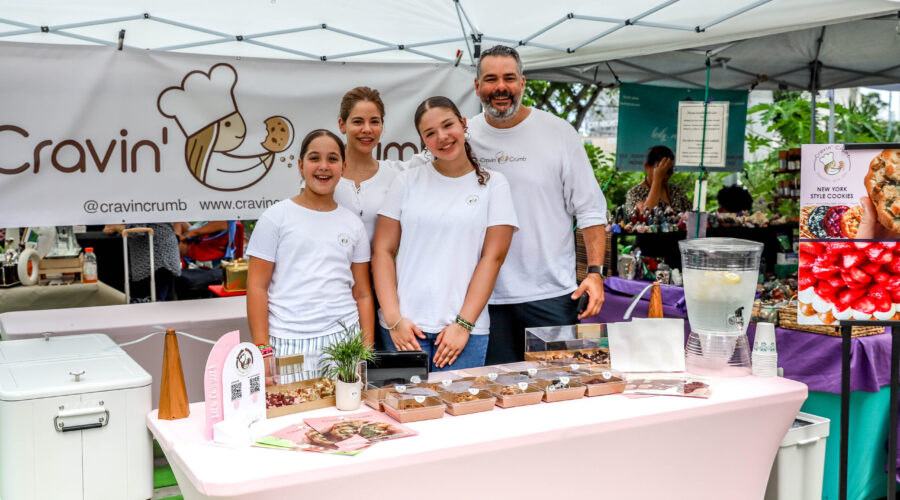Permits for Vendors in Miami: What You Need to Know
If you’re a vendor looking to sell at farmers markets, festivals, or special events in Miami, securing the right permits isn’t just important—it’s mandatory. From food safety to fire inspections, Miami-Dade County and local cities have specific regulations that vendors must follow to avoid fines or disqualification.
This guide breaks down what you need to know to operate legally and confidently at any Miami event.
Why Vendor Compliance Is Essential
Vendor compliance:
- Ensures health and safety at public events
- Protects vendors from liability or shutdowns
- Builds trust with event organizers and customers
- Helps you qualify for high-profile events that require documentation
Need help managing compliance documents? Explore our vendor services to simplify the process.
Common Permits Required in Miami
1. Florida Sales Tax Certificate (Resale Certificate)
- Issued by the Florida Department of Revenue
- Required for any vendor selling taxable goods or services
- Apply here: Florida Dept. of Revenue
2. Miami-Dade Local Business Tax Receipt
- Required for any business operating in the county
- Apply through the Miami-Dade Tax Collector’s Office
3. Florida Department of Business & Professional Regulation (DBPR) Permits
- Required for food vendors, caterers, and mobile food trucks
- Temporary food service licenses are available for event-based vendors
- More info: MyFloridaLicense.com
4. Fire Safety Inspection (For Certain Events)
- Especially for cooking vendors using open flames or propane tanks
- Check with the city or event organizer if this is required
5. Insurance Requirements
- Many events require General Liability Insurance
- Some require naming the organizer or city as “Additional Insured”
- Not sure how to get started? Contact our team for vendor insurance referrals
Local City Permits: Coral Gables, Brickell, Coconut Grove
Each neighborhood may have specific requirements:
- Coral Gables: May require additional permits for events in city parks
- Brickell: Food vendors often need approval for downtown zoning compliance
- Coconut Grove: Fire inspections are common at high-traffic events like art walks
Apply through Unite to find events by location and get notified of required permits.
Checklist for Vendor Compliance
✅ Florida Resale Certificate
✅ Miami-Dade Business Tax Receipt
✅ DBPR License (if food/drink)
✅ Proof of Insurance
✅ Fire Inspection Certificate (if applicable)
✅ Product photos + Booth layout (for applications)
Avoiding Common Mistakes
- Don’t wait until the week of the event to file permits
- Make sure your company name matches across all documents
- Keep digital backups of your documents to submit quickly
- Ask organizers about specific city or park requirements
Tools to Help You Stay Compliant
Using vendor management software helps vendors:
- Store and submit documents with ease
- Get deadline reminders
- Avoid paperwork disqualification
Start by creating your vendor account on Unite Worldwide to track your compliance checklist across events.
Internal Links
External Links
- Florida Dept. of Revenue – Sales Tax
- Miami-Dade Business Tax Info
- DBPR – Food Vendor Licensing
- Small Business Insurance Guide
Conclusion
Don’t let paperwork hold you back from selling at Miami’s biggest events. With a little preparation, you can breeze through the compliance process and focus on making sales. Whether you’re a food truck, artisan, or clothing brand, the right permits and tools will help you thrive.
Get started today by registering as a vendor on Unite Worldwide and accessing our compliance resources.



